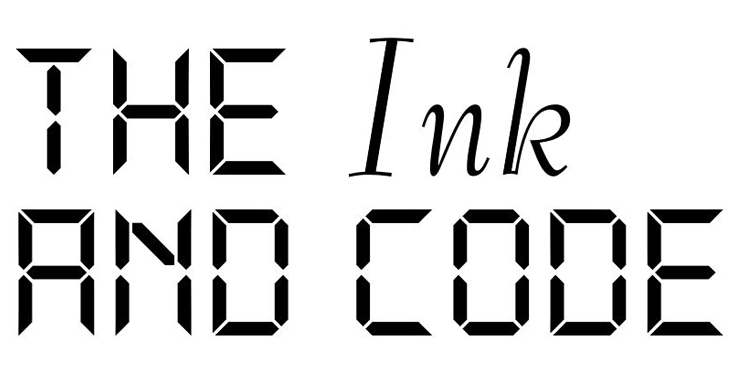We don’t often review a film for a second time, but when the first time around was a fairly short festival review, and the film happens to be one of the year’s best, we have to bend the rules a little.
The Eyes of My Mother, a first-time effort from writer/director Nicolas Pesce, haunts and horrifies with its stark black-and-white beauty (thanks to the cinematography by Zach Kuperstein). When the film begins, young Francisca (Olivia Bond) is living on a farm with her parents. Her mother (Diana Agostini) was once a surgeon when she lived in Portugal and now imparts all of her knowledge to her daughter. Tragedy strikes when a stranger (Will Brill) approaches the family’s home, asking to their bathroom. He horrifically murders Francisca’s mother, but that’s only the beginning of the shocks as you witness what Francisca and her father (Paul Nazak) do to the stranger instead of calling the police. What follows is a startling look into the mind of Francisca as she grows up (now played by Kika Magalhães) as she does whatever is necessary to hold together some semblance of a family, even by the most extreme and startling means. It has all the makings of a Jack Ketchum novel, but infused with class and sophistication that’ll leave viewers chilled.
Kika Magalhães is a revelation with her performance Francisca. To call the performance cold and detached would be an understatement. Every expression and movement is practically inhuman, as though her character truly never had a point of reference for how people should act and behave. Watching the film a second time, I was taken by the nuisances of her performance. Encapsulated by a calm stillness, she is methodical in all her actions, big and small. That calmness doesn’t leave her without emotion, however. When she prays or talks to a loved one, the depths to which she cares is potent and–dare I say–relatable. [Note: Be sure to check out our interview with Magalhães.]
Magalhães’s mesmerizing performance has and will continue to garner much attention, but it would be wrong to ignore Olivia Bond’s contributions to the film as the young Francisca. She provides the foundation for the character that allows Magalhães to flourish. Just as eerily calm and otherworldly as her adult counterpart, she uses her age (and impressive talent) to bring the character to life. The contrast of her innocent appearance with the awful reality she must inhabit provide striking visuals that won’t soon leave your mind. Hers might just be one of scariest and most haunting child performances ever.
All the characters speak and move with affectations reminiscent of David Lynch films but never does the film feel derivative. It’s influences, Lynch and others, are all on the screen, but conveyed as Pesce’s astute understanding of the genre as he forges ahead with his unique creation. The world Pesce’s characters inhabit is fully formed. For all its stark detachment and horror, it is vivid and frighteningly real.
Particularly impressive is Pesce’s use of violence. It is sparse but effective. Never gratuitous, it shocks with its precision. Often more time is spent in the aftermath of the violence, which at times will leave you aghast and other times elicit an uncomfortable laugh when no other response is suitable. The black and white heightens the effect of the violence instead of dulling it, allowing your mind to fill in the grotesque gaps.
The Eyes of My Mother is a must-see film for lovers of horror and arthouse cinema.

